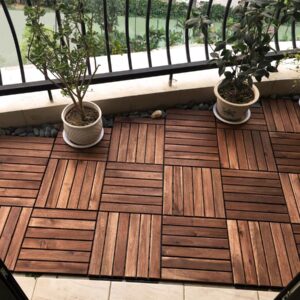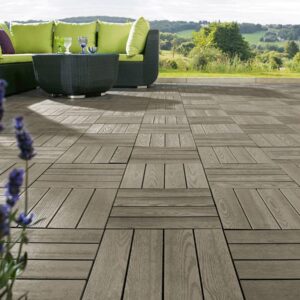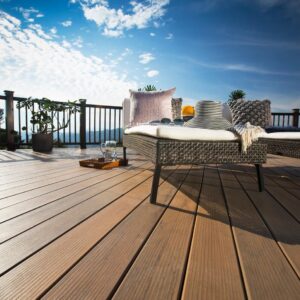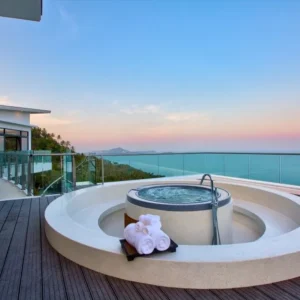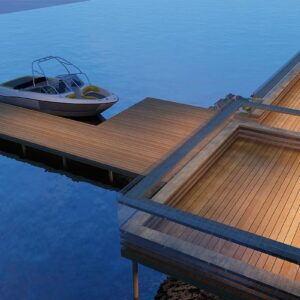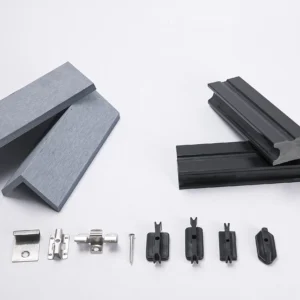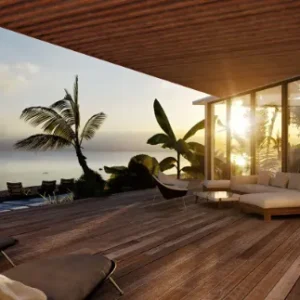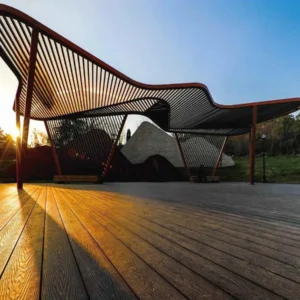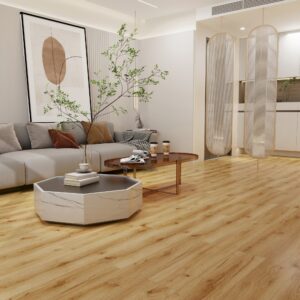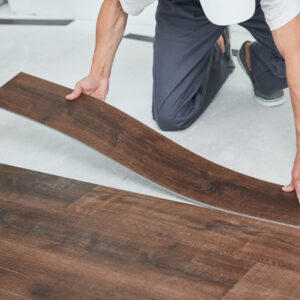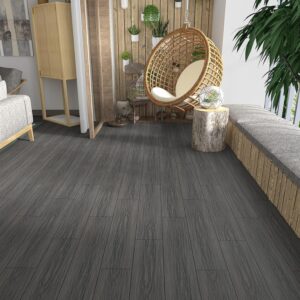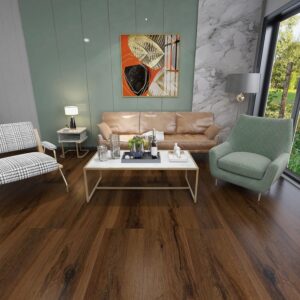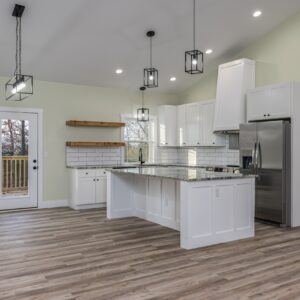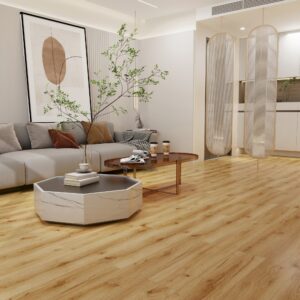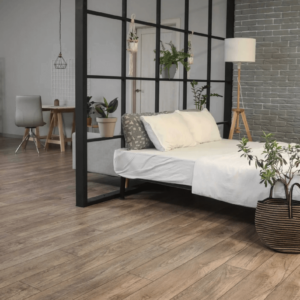
Deck flooring
Deck flooring refers to the material used to create the surface of an outdoor deck, providing a functional and aesthetic base for the space. Common deck flooring options include wood (like cedar, redwood, or pressure-treated pine), composite materials, and PVC. Wood offers a classic, natural look but requires regular maintenance to prevent rot and weathering. Composite and PVC decking are low-maintenance alternatives, resistant to fading, splintering, and moisture damage. Deck flooring is designed to withstand outdoor conditions, providing a durable and attractive space for relaxation, dining, and outdoor activities.
Gallery
Deck flooring provides a durable, weather-resistant surface that enhances outdoor living spaces with both functionality and aesthetic appeal.
Why Deck Flooring Matters
Deck flooring is the surface you’ll be walking, sitting, and relaxing on, so it must be comfortable, durable, and attractive. The right flooring can:
- Enhance your outdoor aesthetic: The style and color of the flooring can transform the look of your deck.
- Improve safety: Deck flooring should be slip-resistant and splinter-free to prevent accidents.
- Increase durability: The material you choose will determine how well your deck holds up to weather, foot traffic, and general wear over time.
Whether you want a natural, rustic feel or a sleek, modern look, there’s a deck flooring option that will perfectly complement your style and meet your needs.
Types of Deck Flooring Materials
When it comes to deck flooring, there are several popular options, each with its own unique benefits and considerations. Let’s explore them in detail:
Wood Decking
- Options: Cedar, redwood, pressure-treated pine, and tropical hardwoods (like ipe and teak).
- Pros: Wood has a timeless appeal, blending beautifully with natural surroundings. It’s available in a range of colors and grains, allowing for customization. Additionally, wood decking is relatively affordable and easy to work with.
- Cons: It requires regular maintenance, including staining, sealing, and cleaning, to prevent rot, insect damage, and splintering. Wood decking can also warp over time if not properly maintained.
- Best For: Those looking for a classic, natural appearance and are willing to put in a little maintenance work for a stunning outdoor space.
Composite Decking
- Options: Made from a blend of wood fibers and recycled plastics, available from brands like Trex, TimberTech, and Fiberon.
- Pros: Composite decking is low-maintenance, durable, and resistant to fading, staining, and scratching. It’s also splinter-free, making it comfortable for barefoot walking.
- Cons: Composite decking can be more expensive upfront than wood, though it typically costs less in the long run due to reduced maintenance needs. It may also retain heat in direct sunlight.
- Best For: Homeowners seeking a long-lasting, low-maintenance option with a look similar to natural wood.
PVC Decking
- Options: 100% synthetic materials, often made from recycled plastics.
- Pros: PVC decking is lightweight, highly resistant to moisture, mold, and mildew, and available in a wide variety of colors and textures. It’s also scratch-resistant and easy to clean.
- Cons: PVC decking can be pricier than other materials and may lack the natural appearance that some homeowners desire.
- Best For: Areas with high moisture levels, such as around pools, and for those wanting a low-maintenance, moisture-resistant solution.
Aluminum Decking
- Options: Powder-coated aluminum available in various colors and textures.
- Pros: Aluminum is exceptionally durable, resistant to rust, rot, insects, and fire. It stays cool in the sun and requires little maintenance.
- Cons: Aluminum decking is one of the most expensive options, and some people may find its look and feel less appealing than wood or composite.
- Best For: Homeowners in harsh climates or those looking for a long-term, ultra-durable solution.
Tile Decking
- Options: Interlocking deck tiles made from materials like wood, composite, stone, or rubber.
- Pros: Deck tiles are easy to install and replace, allowing for customizable designs and patterns. They’re versatile, suitable for rooftops, balconies, and other outdoor surfaces.
- Cons: Some tile materials may require more maintenance, and tiles can shift if not installed correctly.
- Best For: Renters, those with small outdoor spaces, or those seeking a quick, DIY-friendly installation option.


